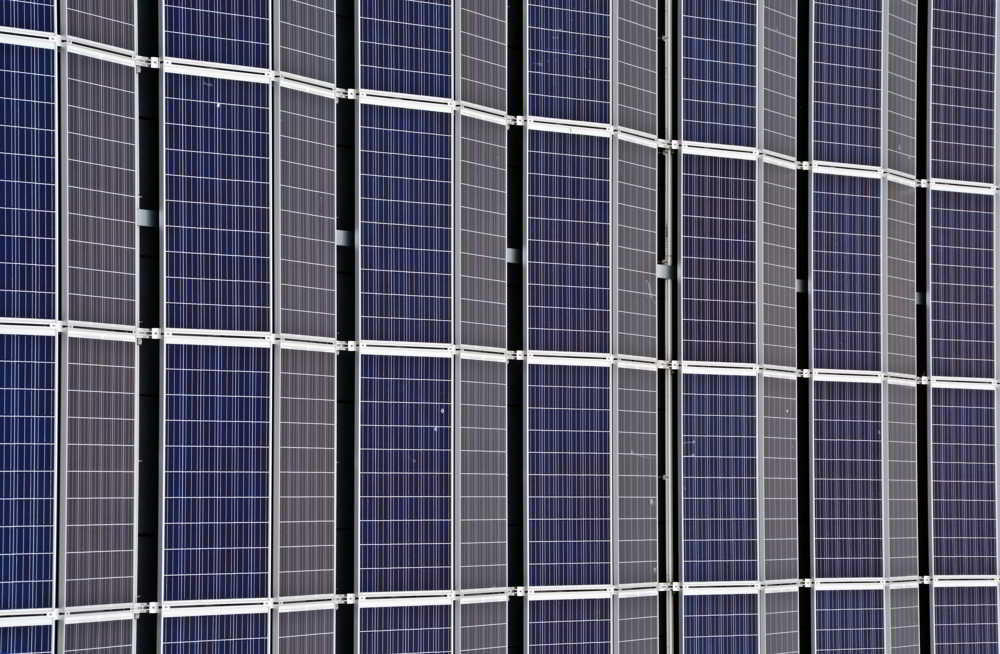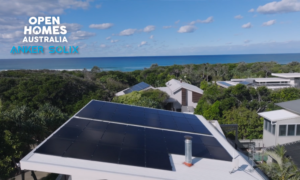The Clean Energy Finance Corporation (CEFC) has put forward up to $50 million in debt finance towards a number of smaller utility renewable developments. The intention is to benefit regional communities and sectors across industrial and commercial energy consumers.
Renewable developments that generate around 25MW or less are more ideally located in regional communities, mostly because they can be constructed close to high-demand grid connections. They’re also suitable for commercial and industrial sites. But to date, they’ve struggled to secure investment from institutions that compare to the financial backing that larger-scale projects are receiving.
Ian Learmonth, CEFC CEO, said that while Australia is a leader in financing rooftop solar PV and a number of large-scale developments over 50MW, it’s missing out opportunities on projects sitting at 25MW or less.

Combining all forces
“These developments require less land, meaning they can be built closer to regional communities to meet local energy demand. They can also be more easily integrated into the grid, drawing on existing infrastructure to deliver secure energy supplies,” Learmonth said.
The CEFC will use its new mandate with Infradebt to contribute backing alongside the Infradebt Ethical Fund (IEF) towards the projects. This fund is known to ‘ethically-screen’ infrastructure debt that is then given towards projects such as those in renewable energy or social applications.
The commitment with Infradebt will continue to increase by 50 per cent, up to about $150 million, with the potential to get more than 100MW in new clean energy projects through the pipeline.
The investment will help bridge the gap in the renewable energy sector for smaller projects that are valued between $10 million and $50 million. These kinds of projects typically struggle to get the funding needed to get off the ground but are crucial to the progress of the industry.
To date, construction has already commenced on two smaller projects, which will be funded under the new agreement. This includes a 5MW farm at Trundle Hill and one at Peak Hill in NSW. Once up and running, each farm will generate around 28,000 MWh of energy annually, which is enough to power more than 4000 homes.
Infradebt CEO Alexander Austin said the fund made the contribution in order to help create a sustainable difference in the area.
“Our aim is to give superannuation funds and other long-term investors the opportunity to make a positive social and environmental impact at the same time as they enhance returns from the defensive part of their portfolio,” Austin said.
The IEF has a portfolio featuring 22 projects across solar farms throughout QLD, Vic and SA.













































